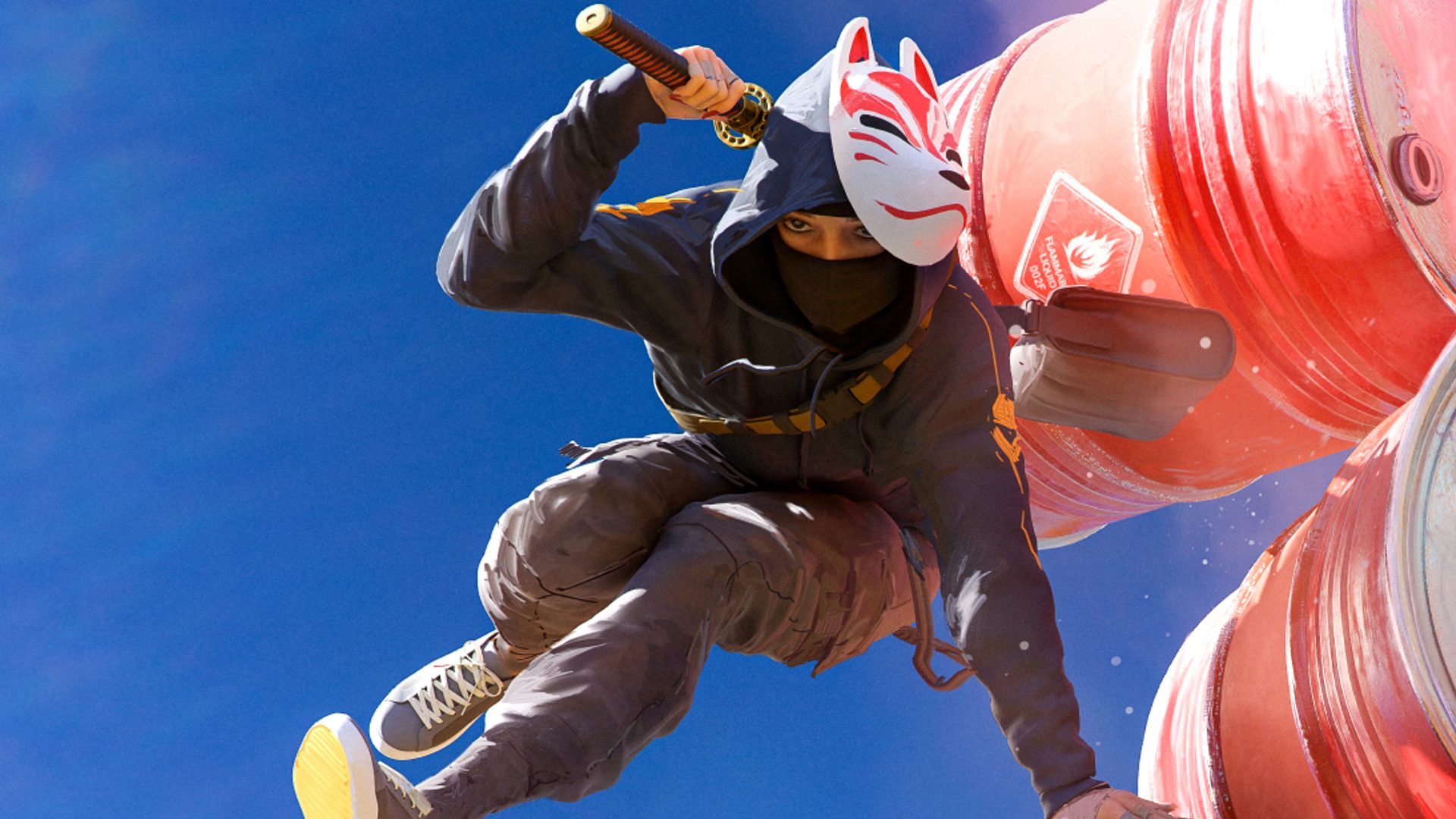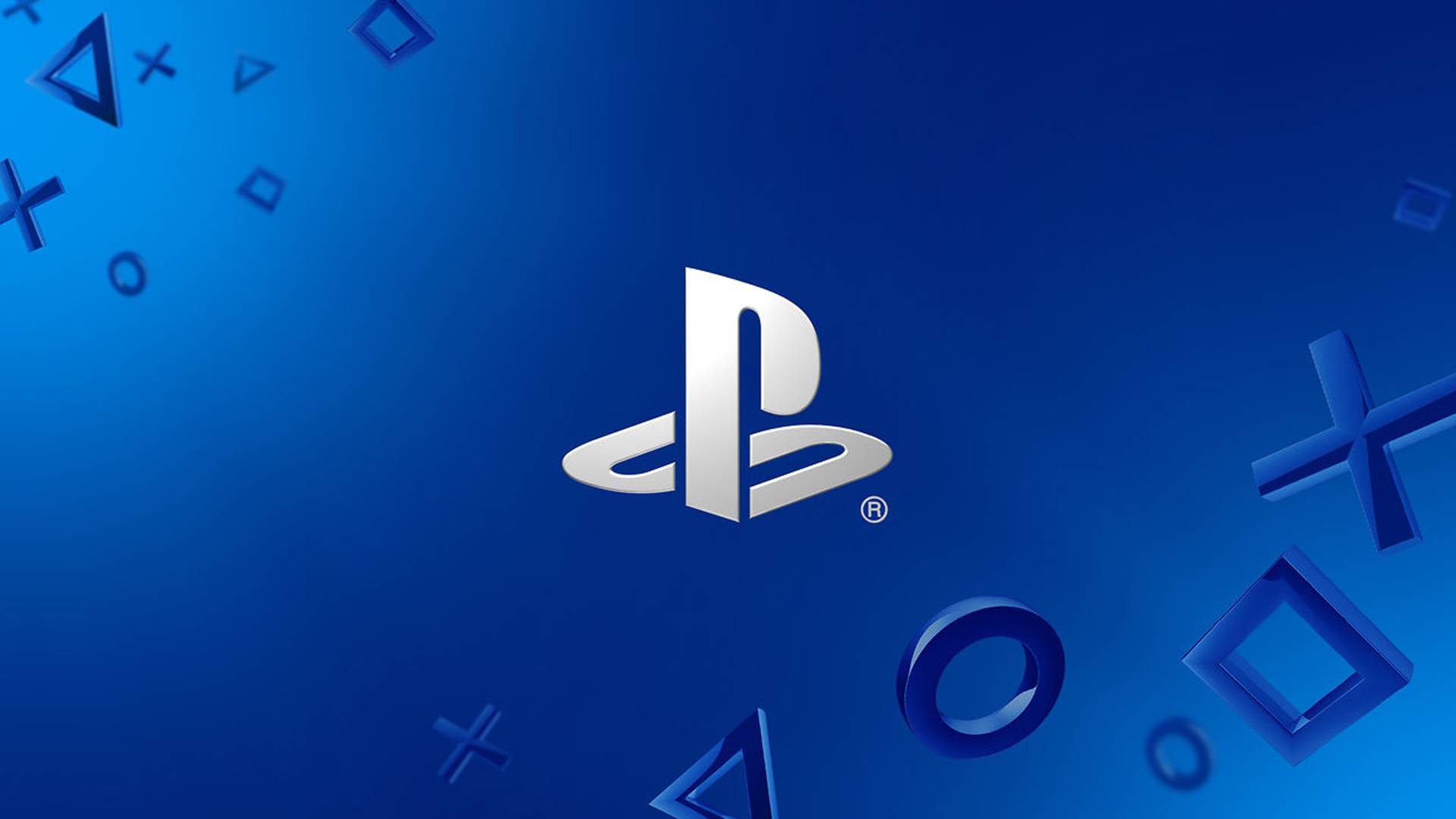The Finals developer Embark Studios has admitted to using AI-generated voices for the majority of its characters, in a new podcast discussing the applications of the technology in modern gaming. While players had previously speculated about this, following early trailers for the multiplayer FPS, this official confirmation has caused major backlash online.
“We use AI with a few exceptions,” audio designer Andreas Almström recently revealed on Embark’s own Meet the Makers podcast. “So all the contestant voices, like the barks, and both our commentators are AI text-to-speech.”
According to Almström, the only exceptions are vocalisations – grunts, breathing, jumping, and other physical exertions – which can’t currently be replicated by AI voice technology. Outside of these soundbites, it appears the vast majority of voice lines in the game are AI generated. But while Embark Studios appears confident in the quality of these bites, calling the technology “extremely powerful”, many have pointed out the AI voices are distracting, and don’t sound good.
Read: High on Life uses AI art and voice acting
Voice actor Gianni Matragrano (Evil West, Gloomwood) has called out Embark Studios, amongst a host of other voice actors, criticising the use of AI in The Finals, and Embark’s attitude towards voice acting as a whole.
During Meet the Makers, Almström claimed AI was high quality enough to get the studio “far enough” while also providing for fresh, snappy developments “in just a matter of hours instead of months.”
Matragrano has specifically criticised this aspect of Embark’s reasoning, citing the fact that voice actors are incredibly hard workers, and are “constantly banging out rush order sessions for like, within a day or two.”
“You can literally get pro-grade VO for less than a grand total, bang out a couple recording sessions and bam you have all the audio you need,” Matragrano said. “When you need more, you can book another session. We actually make it very easy. And then it’ll just sound good and not be something even players who don’t really care about AI ethics keep complaining about … it doesn’t sound good.”
Across the industry, voice actors and developers are rallying against this practice in games, with actors including Elsie Lovelock (Baldur’s Gate 3), Pax Helgesen (Destiny 2), and Kit Harrison (Genshin Impact, Dying Light) joining the chorus.
“What really sticks with me is that they needed to bring in real actors to get the grunting, effort, and breathing sounds because the AI can’t do it,” Harrison said. “It can’t replicate the noise that I make when I stand up from my chair, but it wants to take my job? Don’t make me laugh.”
Notably, the practice of replacing voice actors with AI is currently a matter of some debate worldwide, with recent SAG-AFTRA acting strikes directly targeting the potential of AI to replace actors entirely. The union remains on strike after more than 100 days of fighting for protections from technology like AI – and while this strike currently excludes video game actors, strike action has been authorised amidst ongoing talks within the games industry.
Should the practice of using AI in this manner become normalised in the entertainment industry, opportunities for actors and voice actors are likely to shrink – and given the economic impact of a society with fewer jobs and much less stability, it’s not an outcome that’s viable for anyone.
In a statement to Eurogamer, Embark Studios attempted to further clarify its stance, describing a hybrid system of recorded voices. “In the instances we use TTS [Text-To-Speech] in The Finals, it’s always based on real voices,” a studio spokesperson said. “In the Open Beta, it is based on a mix of professional voice actors and temp voices from Embark employees. Making games without actors isn’t an end goal for Embark and TTS technology has introduced new ways for us to work together.”





